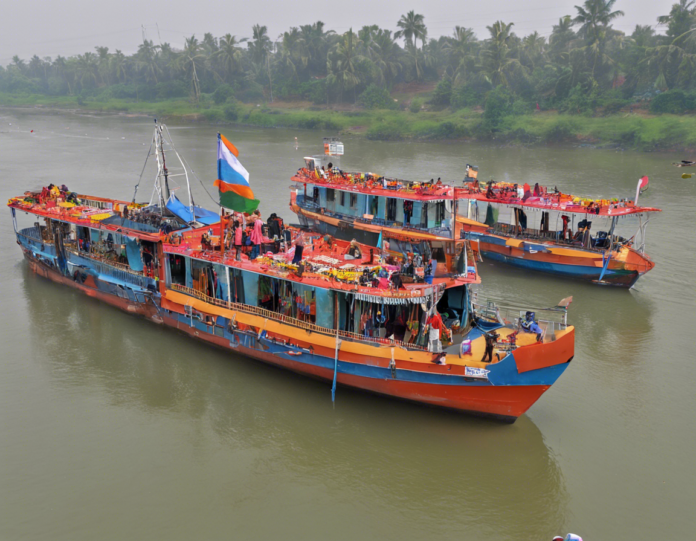Rajneetug 2023, a term that combines “Rajneeti” (politics) and “Yug” (era), encapsulates the upcoming political landscape with its own uniqueness and challenges. As we stand on the brink of this significant era, it is prudent to delve into an analysis of the predictions and possibilities that await us in the realm of politics in 2023.
The Political Scenario in 2023
In 2023, the global political arena is poised for significant changes. With the advancements in technology, the rise of social media, and the increasing interconnectedness of nations, the dynamics of political institutions and decision-making will undergo a transformative shift. The COVID-19 pandemic has also left a lasting impact on governance, with nations being forced to adapt to new ways of functioning and addressing societal needs.
Key Players in Rajneetug 2023
Several key players are expected to shape the political landscape in 2023. From established leaders to emerging voices, these individuals will influence policies, ideologies, and alliances in the coming year. It is crucial to keep an eye on these figures to understand the direction in which the political winds are blowing.
Emerging Political Trends
In Rajneetug 2023, certain trends are likely to dominate the political discourse. From the growing influence of youth in shaping policies to the emphasis on climate change and sustainability, these trends will redefine the priorities of governments and political parties. Understanding these trends is essential for navigating the complexities of the upcoming political era.
Challenges and Opportunities
As with any period of transition, Rajneetug 2023 will present its own set of challenges and opportunities. From economic uncertainties to social unrest, political stakeholders will need to navigate these hurdles with agility and foresight. At the same time, there will be opportunities for innovation, collaboration, and positive change that can shape a more inclusive and equitable society.
The Role of International Relations
In an increasingly interconnected world, the role of international relations cannot be understated. Rajneetug 2023 will see nations forging new alliances, navigating geopolitical tensions, and addressing global issues that transcend borders. It is imperative for political leaders to engage in effective diplomacy and cooperation to tackle shared challenges effectively.
Frequently Asked Questions (FAQs)
-
Q: What are some of the key factors driving the political landscape in Rajneetug 2023?
A: Factors such as technological advancements, global health crises, and shifting societal values are key drivers shaping politics in 2023. -
Q: How can individuals stay informed and engaged in the political developments of 2023?
A: Keeping abreast of current events, participating in discussions, and critically analyzing information from multiple sources can help individuals stay engaged in the political landscape. -
Q: What role do emerging leaders play in Rajneetug 2023?
A: Emerging leaders bring fresh perspectives and innovative solutions to the table, challenging traditional norms and driving change in politics. -
Q: How can nations address the challenges of international relations in 2023?
A: By prioritizing diplomacy, fostering cooperation, and engaging in dialogue, nations can navigate the complexities of international relations effectively. -
Q: What are the expectations regarding political accountability in Rajneetug 2023?
A: There is a growing demand for transparency, accountability, and ethical governance from political leaders and institutions in 2023.
In conclusion, Rajneetug 2023 holds a myriad of possibilities and challenges for the global political landscape. By staying informed, actively participating in civic engagement, and holding leaders accountable, individuals can contribute to shaping a more just and equitable society in the upcoming era.





